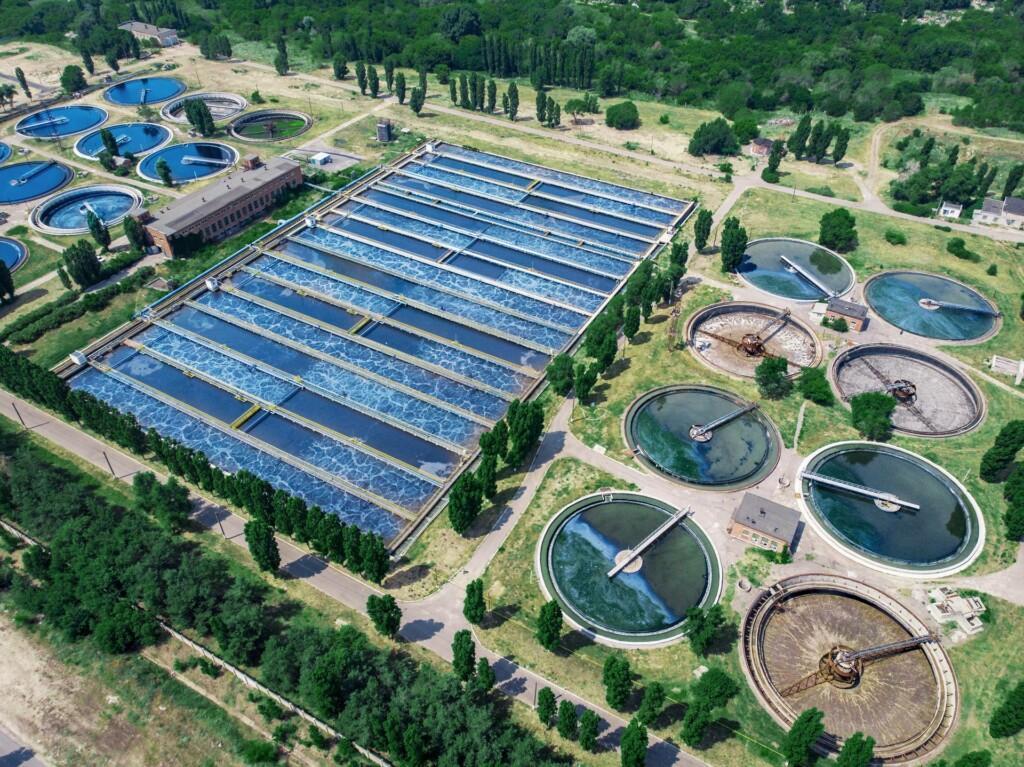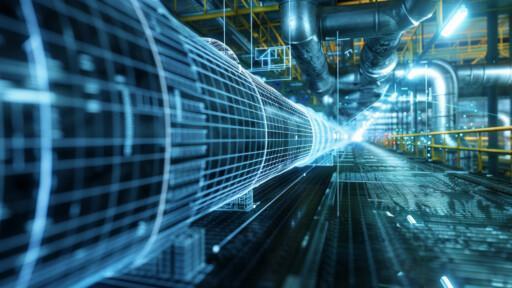
CIRCULAR ECONOMY
Industry transformation
The transition to a circular economy is driving the shift towards more sustainable business models. This involves redesigning processes, materials, and products to enable greater recycling and reuse, while simultaneously reducing waste and the consumption of virgin resources. By adopting circular practices, businesses can significantly minimise the environmental impact of industrial manufacturing, creating more efficient and sustainable operations.
Transitioning to a Circular Industrial Future
Key challenges in transitioning to a circular economy
Transitioning to a circular economy requires overcoming several key challenges. These include developing efficient recycling and reuse systems, advancing technologies to optimise resource use, securing supportive regulations and redesigning business models. Ensuring sustainable supply chains, securing adequate funding and fostering collaboration across industries are also key to making this shift successful.
How can Rejlers support?
With our expertise, we help you adopt sustainable practices by providing turn-key solutions, technical services, and comprehensive project management. We help redesign processes, switch materials, and enable effective recycling strategies to optimise resource use.
We also support the development of new business models, finding innovative ways to repurpose industrial waste. In addition, Rejlers assists with knowledge in electrification, energy storage, and carbon capture to help reduce emissions and boost resource efficiency. With our network of industry specialists, we ensure your organisation benefits from the best expertise to drive your sustainable transformation.
Explore more of our offering
Our services
Explore our offering in your local language
Our local sites
-
Sweden
-
Finland
-
Norway
-
Abu Dhabi

